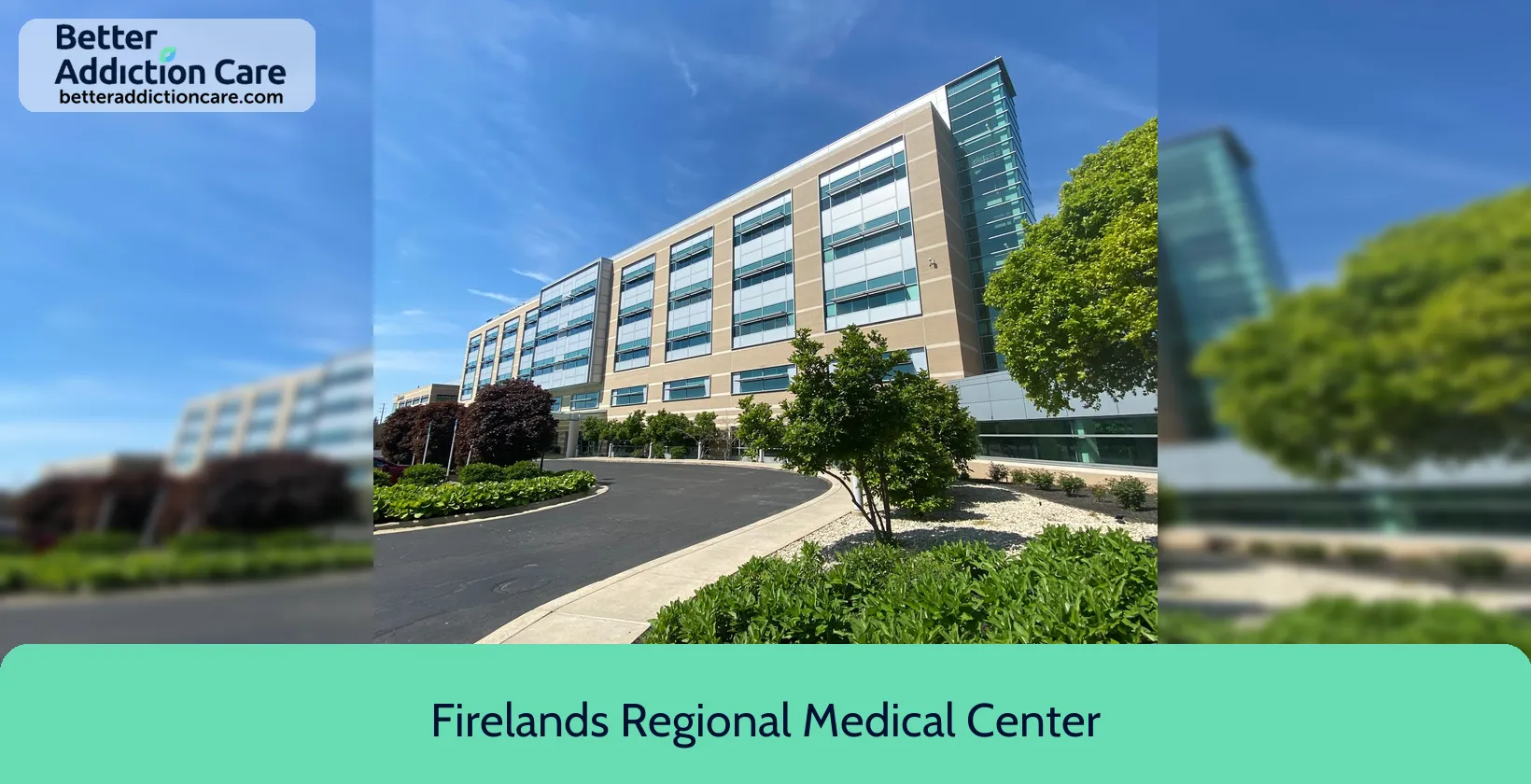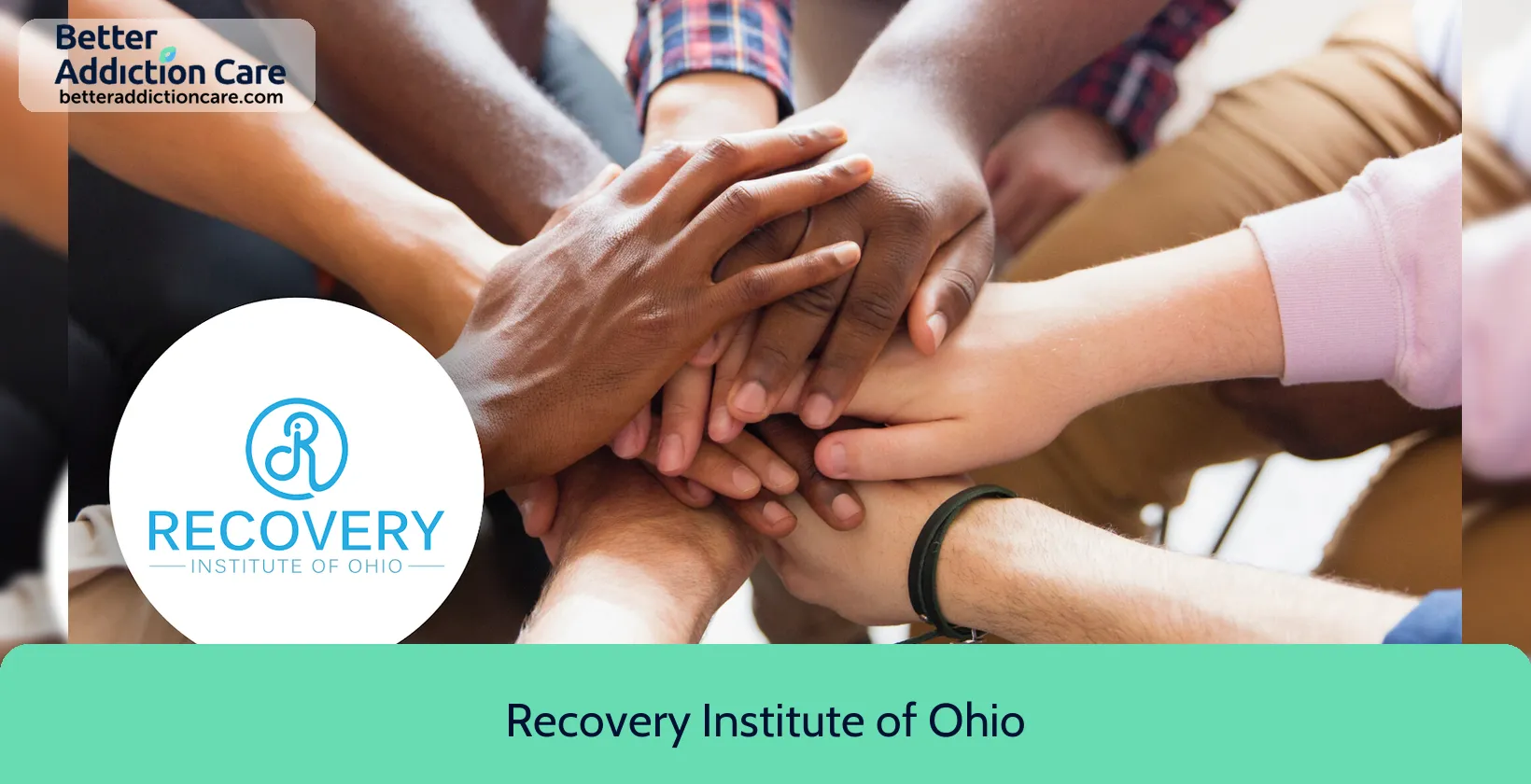Louis Stokes VA Medical Center - Sandusky CBOC

Overview
Louis Stokes VA Medical Center - Sandusky CBOC is a mental health treatment center for people seeking treatment near Erie County. As part of their treatment modalities for recovery, Louis Stokes VA Medical Center - Sandusky CBOC provides cognitive behavioral therapy, telemedicine/telehealth therapy, and substance use disorder counseling during treatment. Louis Stokes VA Medical Center - Sandusky CBOC is located in Sandusky, Ohio, accepting cash or self-payment for treatment.
Louis Stokes VA Medical Center - Sandusky CBOC at a Glance
Payment Options
- Cash or self-payment
- Medicaid
- Medicare
- Private health insurance
- Federal military insurance (e.g., TRICARE)
Assessments
- Screening for tobacco use
- Comprehensive mental health assessment
- Comprehensive substance use assessment
- Interim services for clients
- Outreach to persons in the community
Age Groups
- Young adults
- Adults
- Seniors or older adults
- Seniors
Ancillary Services
- Case management service
- Integrated primary care services
- Suicide prevention services
- Domestic violence services, including family or partner
- Early intervention for HIV
Highlights About Louis Stokes VA Medical Center - Sandusky CBOC
7.55/10
With an overall rating of 7.55/10, this facility has following balanced range of services. Alcohol Rehabilitation: 8.00/10, Drug Rehab and Detox: 7.54/10, Insurance and Payments: 6.00/10, Treatment Options: 8.67/10.-
Treatment Options 8.67
-
Alcohol Rehabilitation 8.00
-
Drug Rehab and Detox 7.54
-
Insurance and Payments 6.00
Accreditations
The Joint Commission:

The Joint Commission accreditation for addiction and behavioral health is a prestigious recognition signifying a facility's commitment to delivering high-quality care and safety for individuals dealing with substance abuse and mental health issues. It involves rigorous evaluations and assessments, ensuring patients receive evidence-based treatment and exceptional care. This accreditation demonstrates a facility's dedication to continuous improvement and ethical practices, building trust among patients and healthcare professionals seeking top-tier addiction and behavioral health services.
Treatment At Louis Stokes VA Medical Center - Sandusky CBOC
Treatment Conditions
- Alcoholism
- Mental health treatment
- Substance use treatment
- Co-occurring Disorders
Care Levels
- Outpatient
- Outpatient methadone/buprenorphine or naltrexone treatment
- Intensive outpatient treatment
- Regular outpatient treatment
- Aftercare
Treatment Modalities
- Cognitive behavioral therapy
- Telemedicine/telehealth therapy
- Substance use disorder counseling
- Trauma-related counseling
- Smoking/vaping/tobacco cessation counseling
Ancillary Services
Languages
- Sign language services for the deaf and hard of hearing
Additional Services
- Pharmacotherapies administered during treatment
- Mentoring/peer support
- Breathalyzer or blood alcohol testing
Special Programs
- Clients with co-occurring mental and substance use disorders
- Veterans
- Members of military families
- Clients who have experienced trauma
- Clients who have experienced intimate partner violence, domestic violence
Get Help Now
Common Questions About Louis Stokes VA Medical Center - Sandusky CBOC
Contact Information
Other Facilities in Sandusky

6.53

7.11
DISCLAIMER: The facility name, logo and brand are the property and registered trademarks of Recovery Institute of Ohio, and are being used for identification and informational purposes only. Use of these names, logos and brands shall not imply endorsement. BetterAddictionCare.com is not affiliated with or sponsored by Recovery Institute of Ohio.
